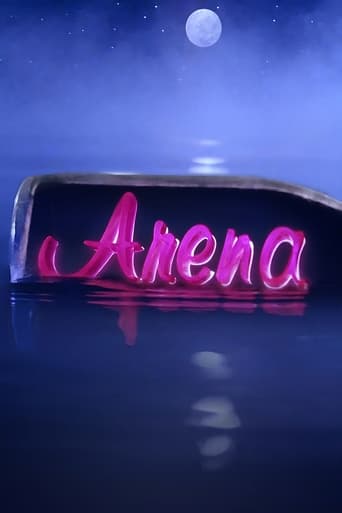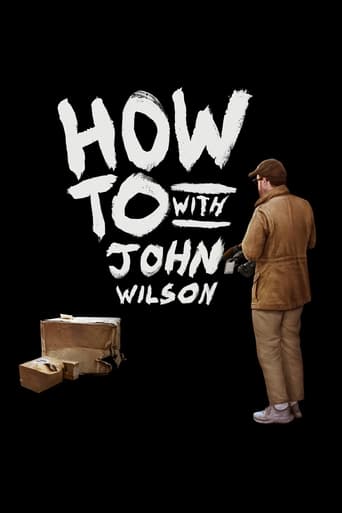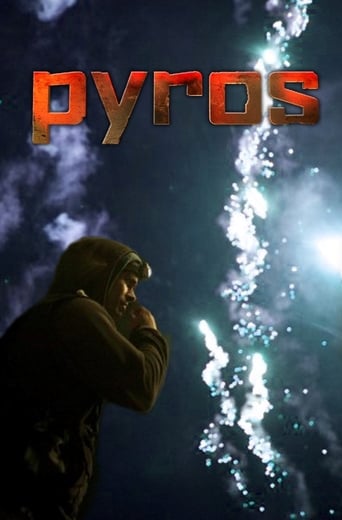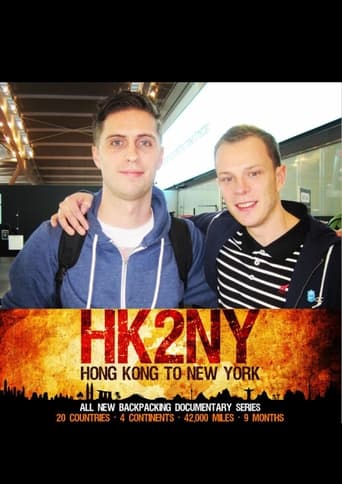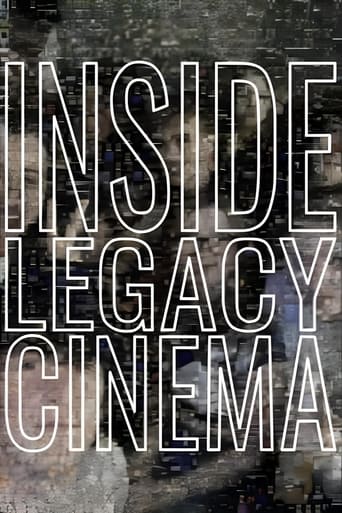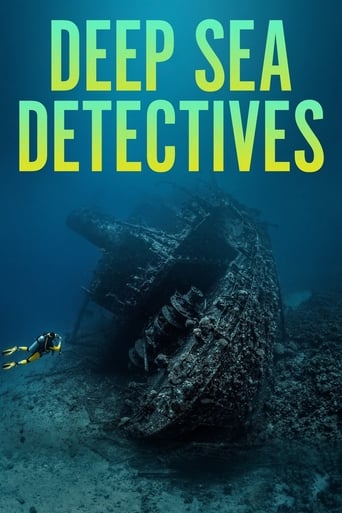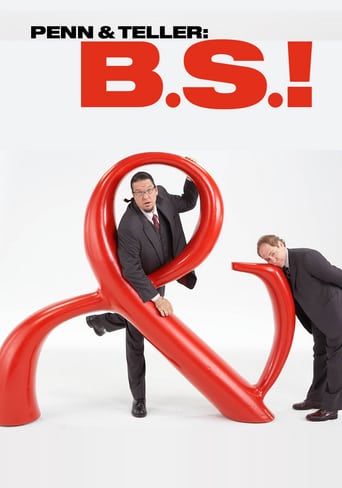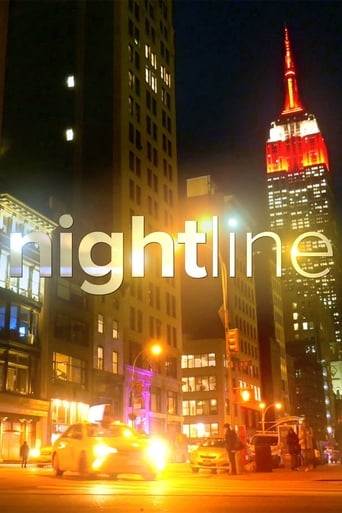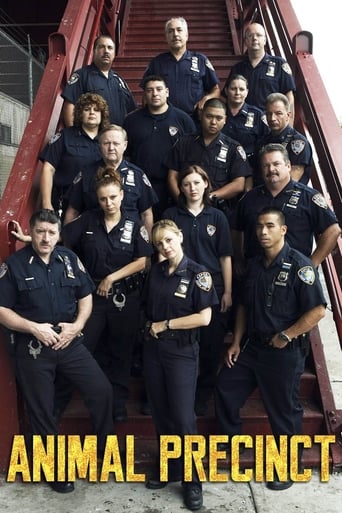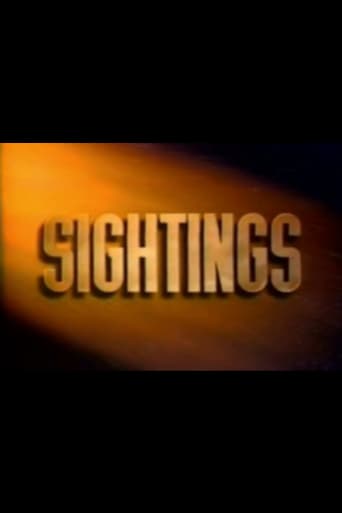Arena Season 1991

Arena is a British television documentary series, made and broadcast by the BBC. Voted by leading TV executives in Broadcast as one of the top 50 most influential programmes of all time, it has run since 1 October 1975 with over five hundred episodes made, directed by the likes of Martin Scorsese, Alan Yentob, Roly Keating, Frederick Baker, Volker Schlondorff and Vikram Jayanti. Arena's subjects are a roll-call of the world's best known cultural figures from the 20th and 21st centuries, from singers Bob Dylan and Amy Winehouse to academics Edward Said and Eric Hobsbawm, from writers Jean Genet and V S Naipaul to artists Francis Bacon and Louise Bourgeois. The current series editor is Anthony Wall.
Watch NowWith 30 Day Free Trial!
Arena
1975 / NR
Arena is a British television documentary series, made and broadcast by the BBC. Voted by leading TV executives in Broadcast as one of the top 50 most influential programmes of all time, it has run since 1 October 1975 with over five hundred episodes made, directed by the likes of Martin Scorsese, Alan Yentob, Roly Keating, Frederick Baker, Volker Schlondorff and Vikram Jayanti. Arena's subjects are a roll-call of the world's best known cultural figures from the 20th and 21st centuries, from singers Bob Dylan and Amy Winehouse to academics Edward Said and Eric Hobsbawm, from writers Jean Genet and V S Naipaul to artists Francis Bacon and Louise Bourgeois. The current series editor is Anthony Wall.
Watch Trailer
With 30 Day Free Trial!
Arena Season 1991 Full Episode Guide
Reenactments of passages from the controversial Kenneth Anger collection of tawdry gossip about the golden age of Hollywood.
An Arena Special looking at Orson Welles and the production of the film CITIZEN KANE, considering the furore that accompanied it and the real life press baron William Randolph Hearst upon whom Kane is based, and his efforts to halt the film, destroy the negative and persecution of people involved with its production and showing. It includes BBC interviews with Welles made in 1960 and 1982, and film historian Robert Carringer looks at the scenes that never made it to the screen. American film critic Pauline Kael also analyses the film's enduring appeal.
Free Trial Channels
Seasons


